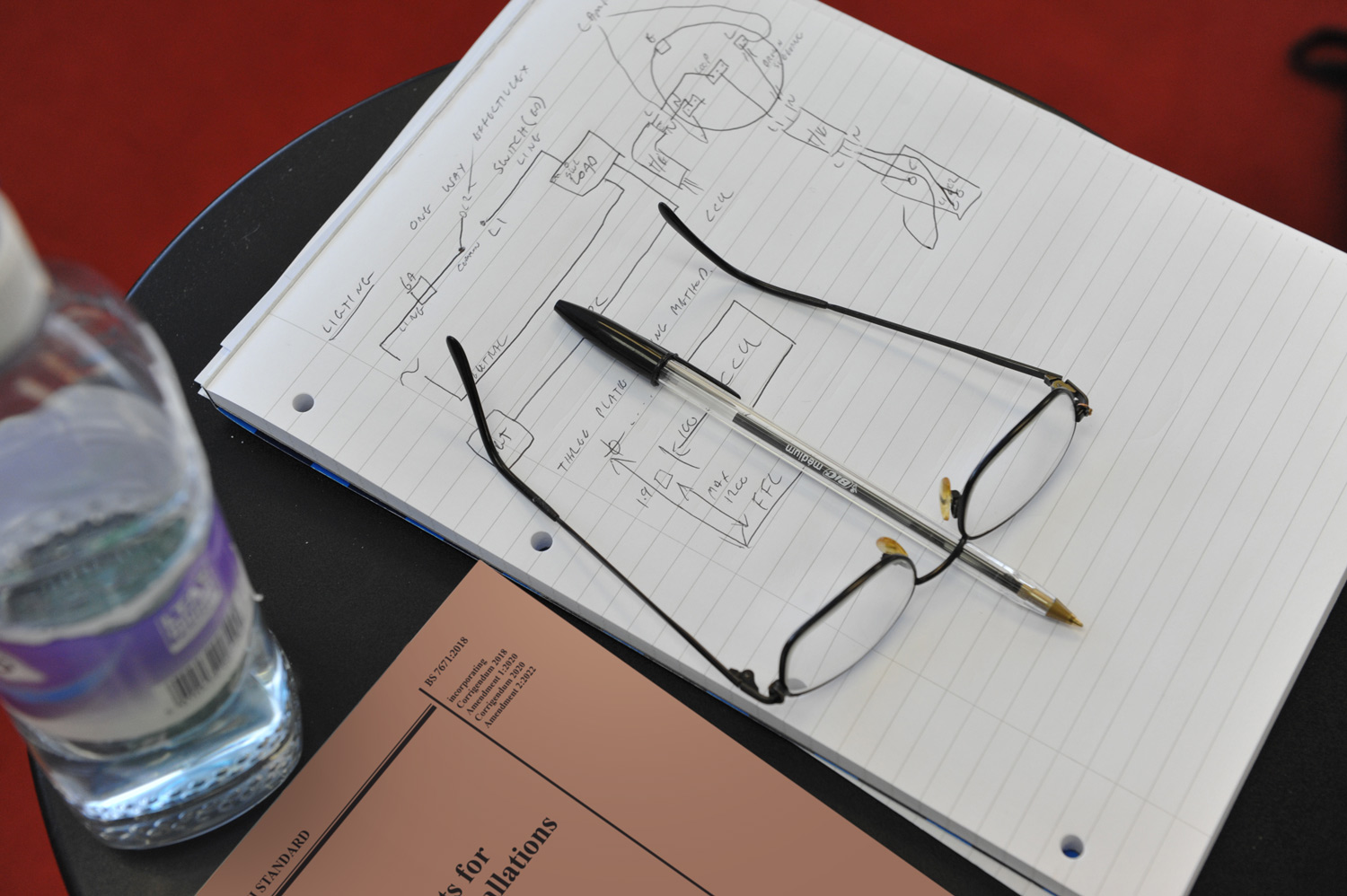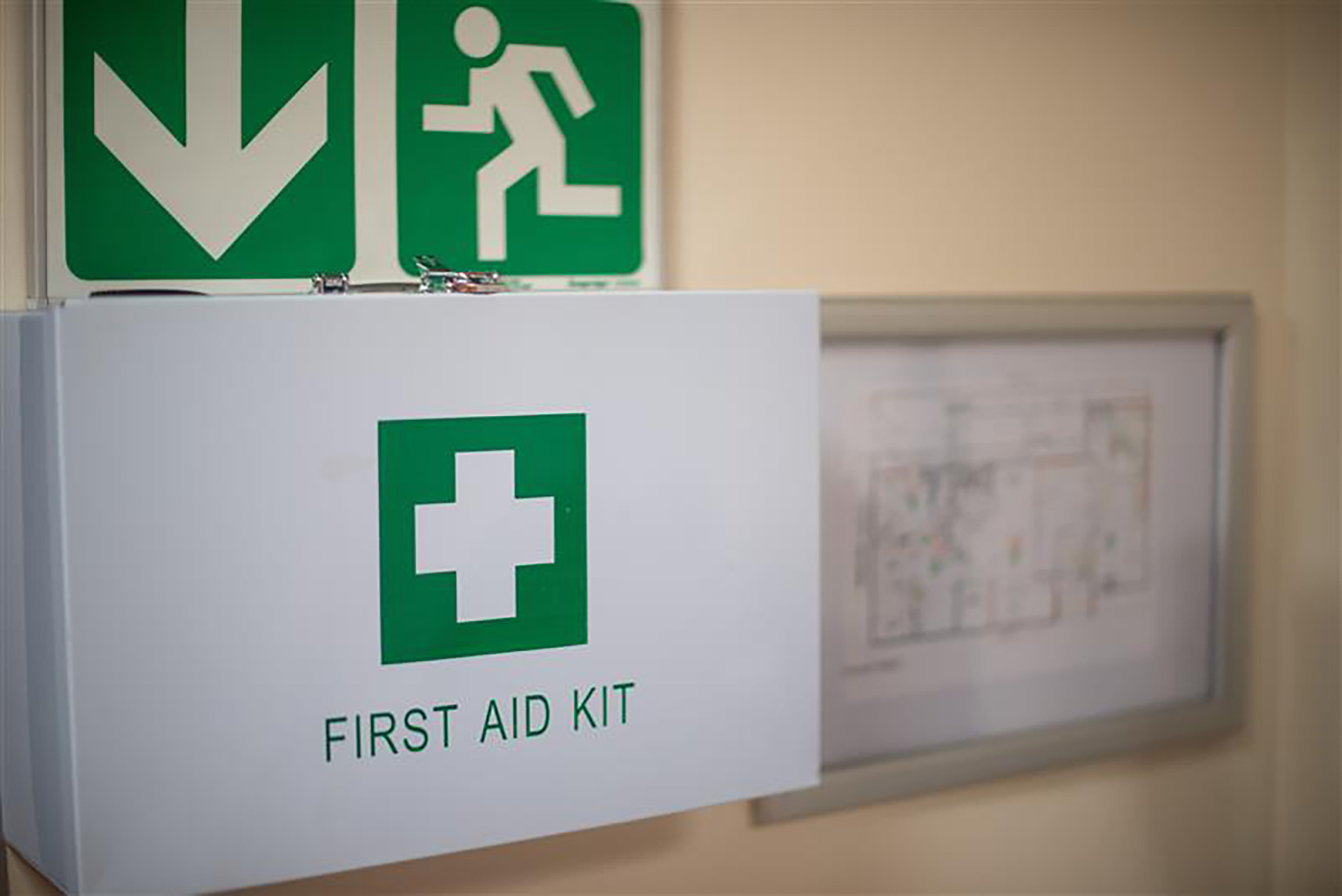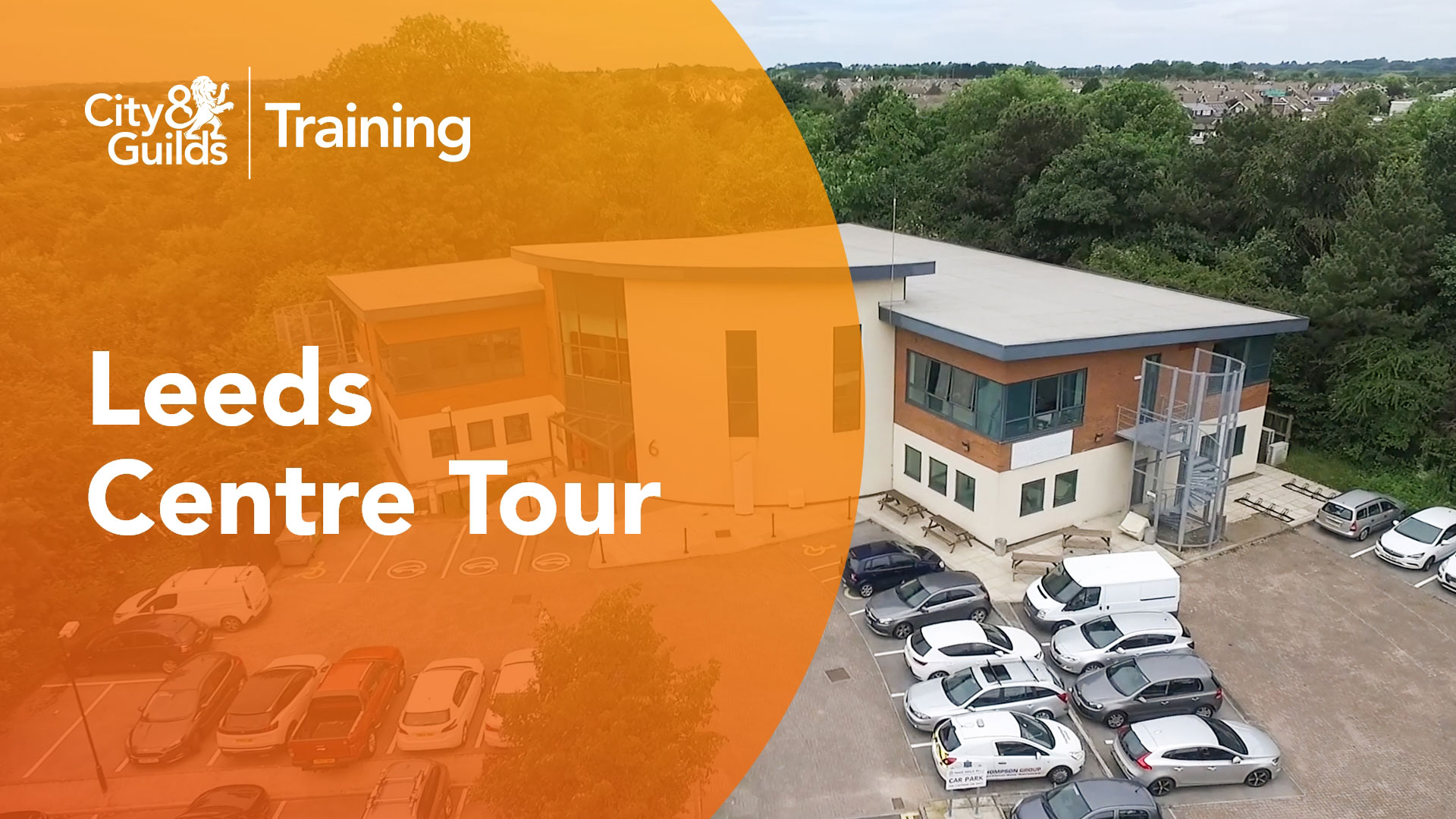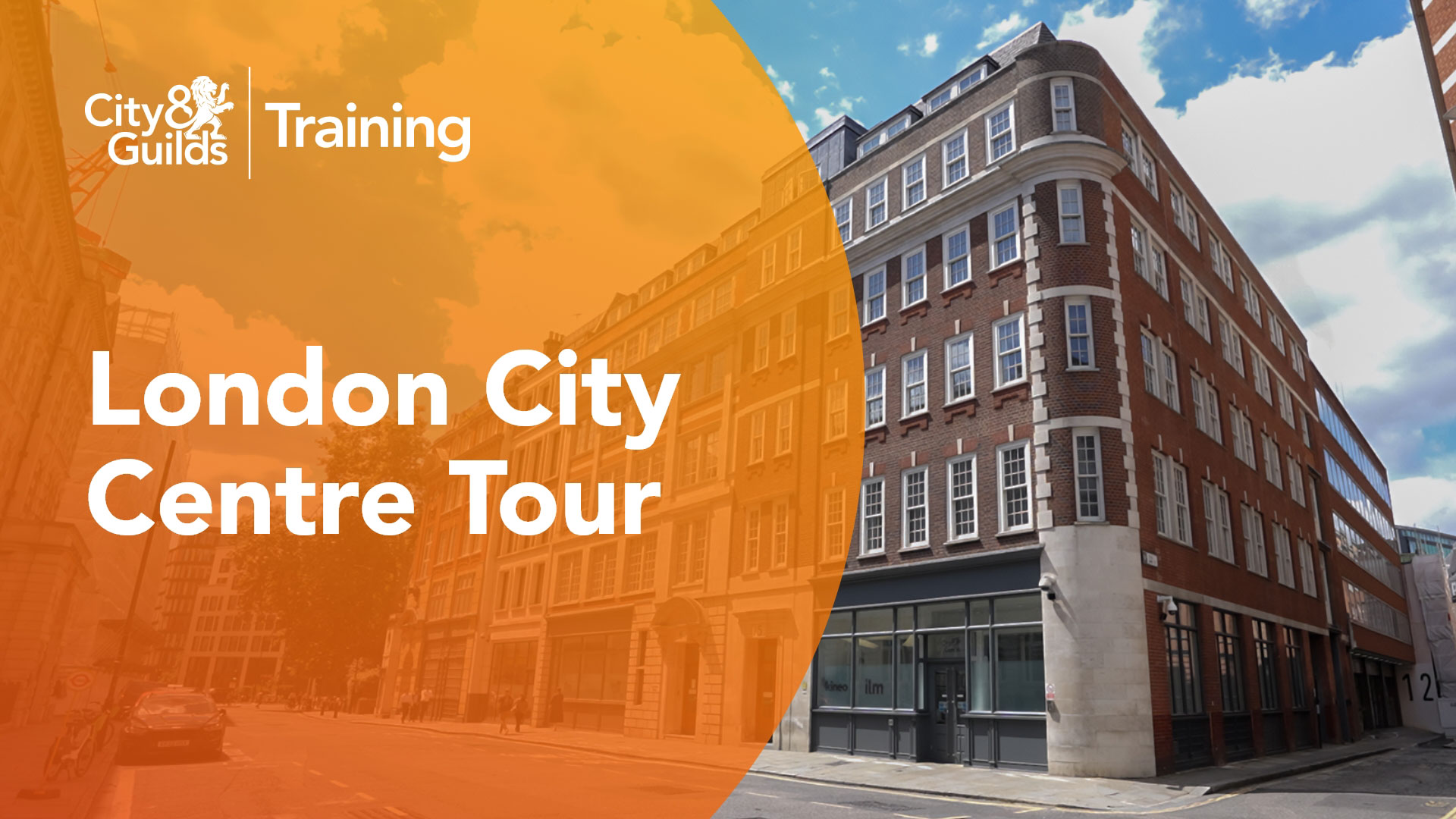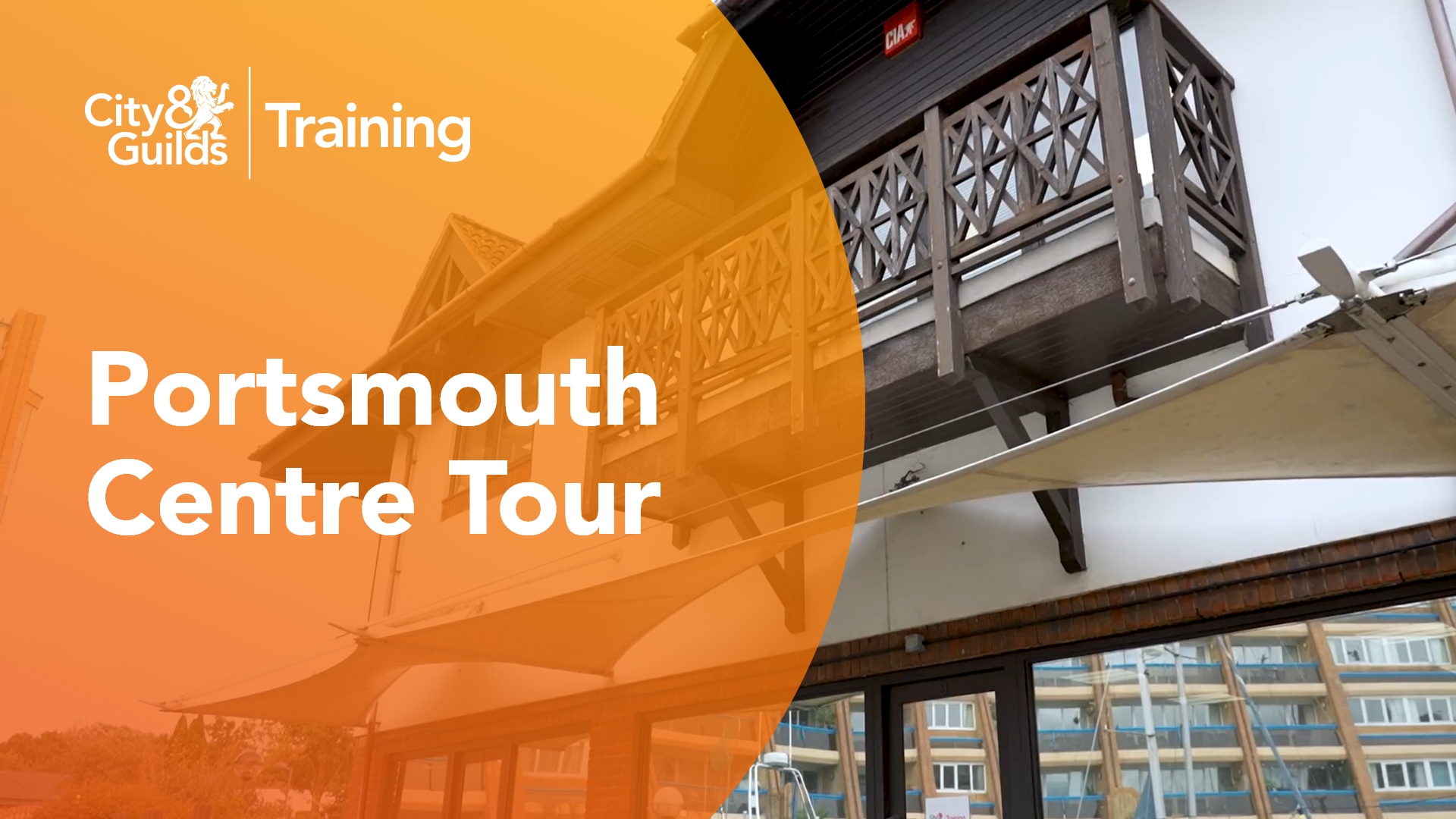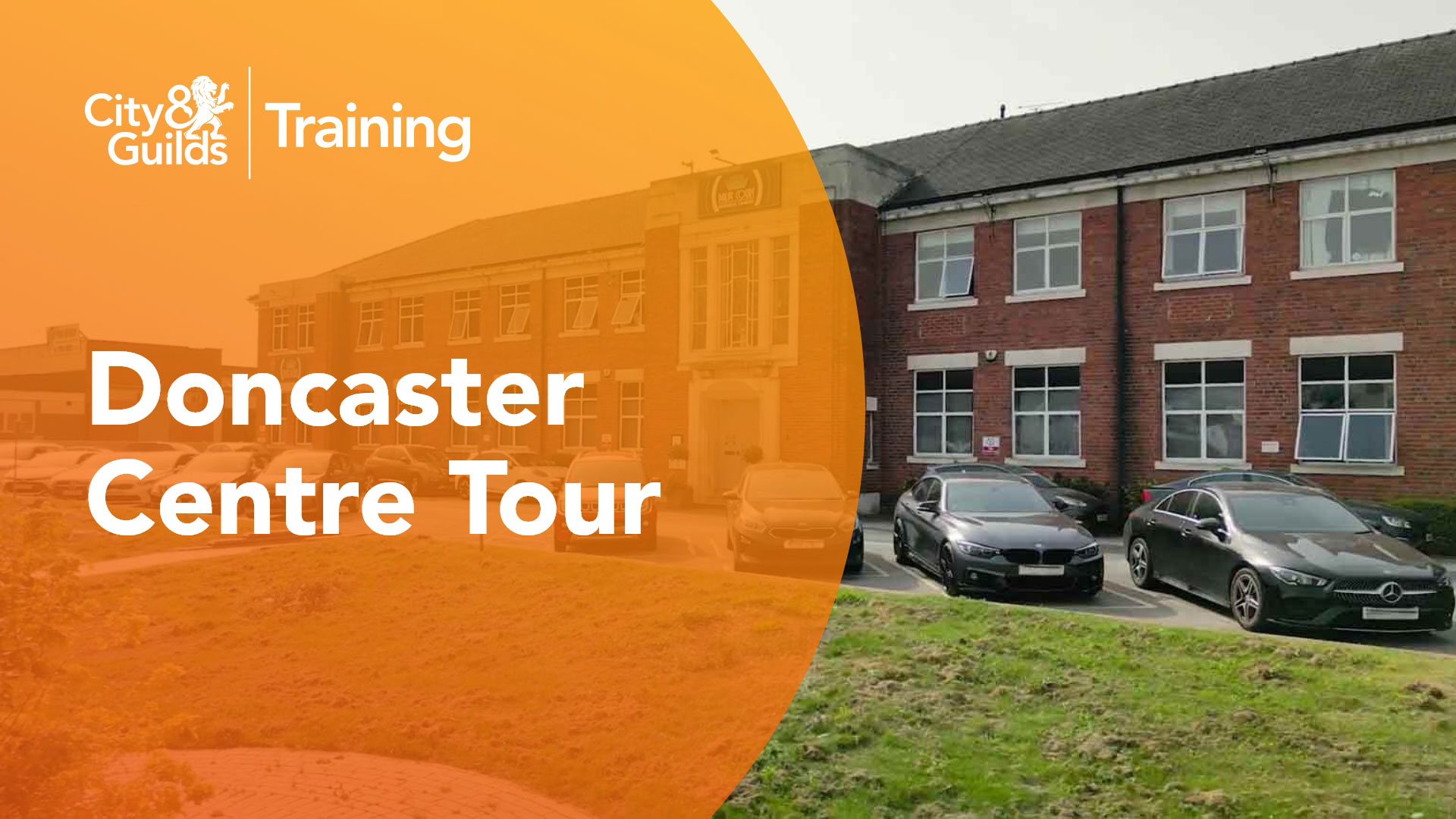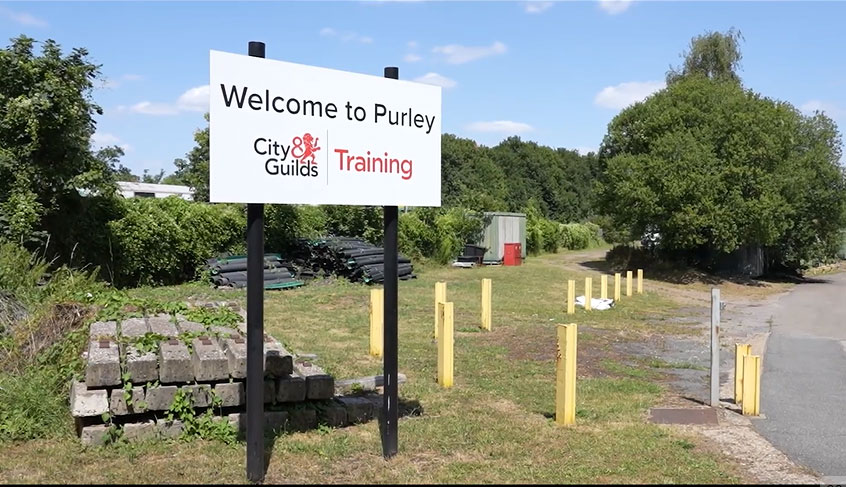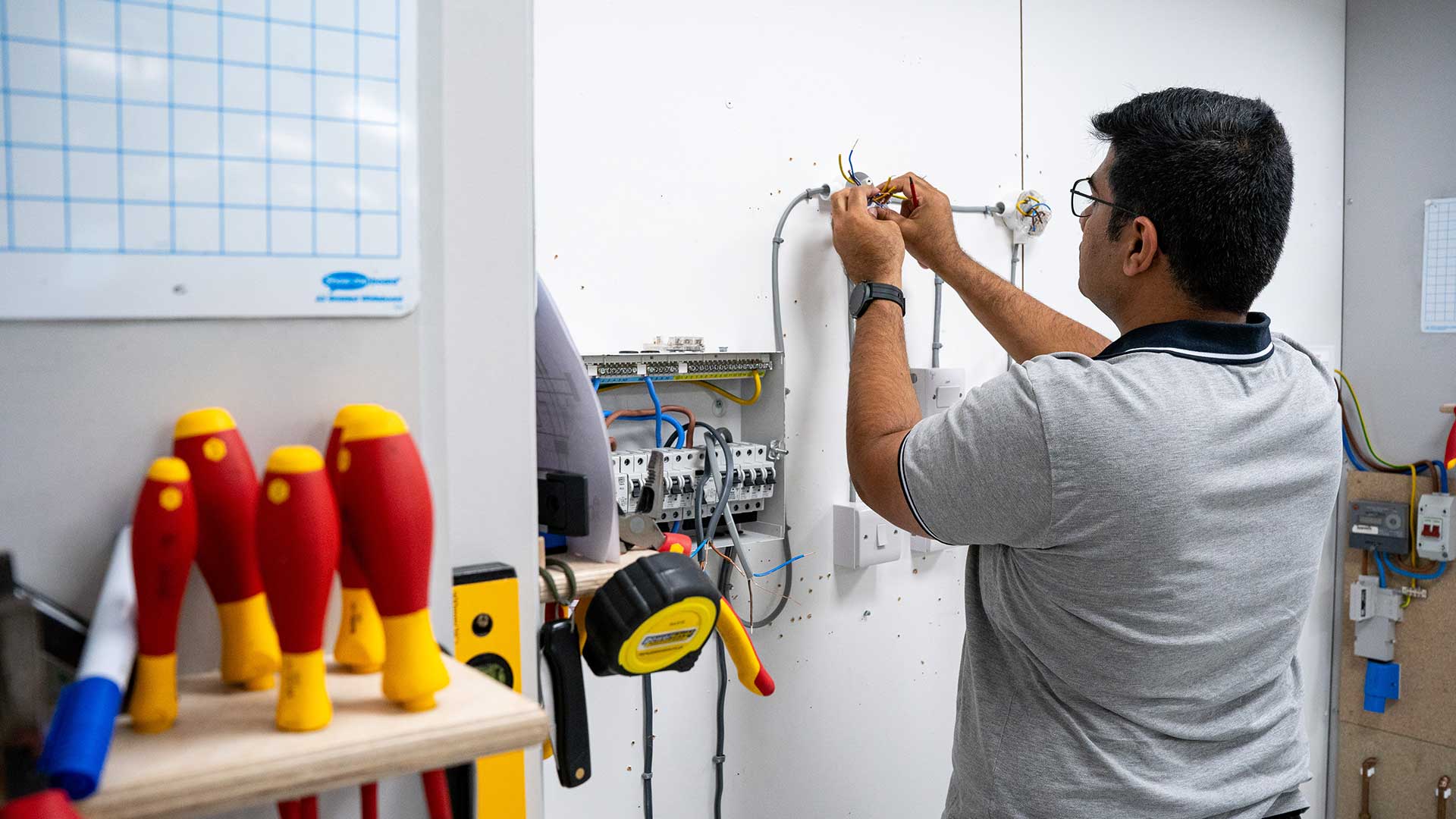This is a question we are often asked, however we believe before you make this decision you need to ask yourself what type of domestic electrical work you want to do once qualified and does that work require you to be part of a scheme.
To help you make a decision we have put together a summary of what a Domestic Installer Scheme is and how to become part of one.
What is a Domestic Installer Scheme
Domestic Installer schemes are designed to ensure that any electrical installations are carried out in accordance with the current Building Regulations.
Our advice is that once you have completed your electrical training and gained your qualifications, you will need to decide what type of domestic electrical work you will be undertaking, and decide whether it is financially viable for you to join a Government Approved Installer Scheme (sometimes known as Part P schemes).
Currently under Approved Document Part P electricians are permitted to do a lot of work without the need to notify Building Control, however, it is important to understand the type of jobs that require you to notify Building Control, these include;
- Replacing new circuit board/consumer units
- Installing a completely new circuit
- Alteration or addition in special locations to an existing circuit (bathroom within zones)


If you decide that joining an approved installer scheme is right for you there are a few to choose from such as NICEIC, ELECSA and STROMA. However, it’s worth checking out what the scheme provider requirements are before you go ahead, as these are different for each provider.
Save money and time
You don’t have to join a scheme, but if you don’t you will need to notify building control every time to do work that is notifiable. This will mean more work as well as added costs (usually around £150 per job). That’s fine if you are not doing very much notifiable work but if you do more than 3 notifiable jobs per year it often makes financial sense to join a scheme, plus there is a host of other benefits such as support, using their logo on your marketing materials and a huge time saving too.
If you want to secure your own private business, or work as a sub-contractor you will need to be able to sign off your own work. By joining an approved installer scheme you will be able to sign off notifiable work and certify that it meets current regulations. This means that you won’t have to contact Building Control directly each time you complete a notifiable piece of work, or be supervised by another electrician to sign off your work. This can only be good news for you, as you will not only save time waiting for building control to turn up, but you will also save money that you would have had to pay out to another electrician.


Customer confidence
By belonging to a Part P scheme you/your business will be added to a central electrician’s register. This will mean that local customers will be able to find you with confidence that you are working to the current Building and Wiring Regulations and safety standards for domestic dwellings.
How much will it cost to join?
The annual membership fees for Domestic Installers vary by scheme providers and range from £255 to £445 + VAT (with discounts available for payment by annual DD). The fee usually includes one year’s membership, an initial on-line assessment plus the cost of an on-site practical assessment. The assessment is designed to ensure that you are a competent person and typically the type of on-site assessment will include two new circuits or work that has been carried out in the last 12 months.


Save £50 with NICEIC and ELECSA
When you train with us not only do you benefit from the exceptional training and state-of-the-art facilities, you will also benefit from a £50 discount when you join either the NICEIC or ELECSA (both part of Certsure) domestic installer schemes.
If you are interested in training as an domestic electrical installer we have a number of courses available to choose from. Please visit our course finder page to find out more.

